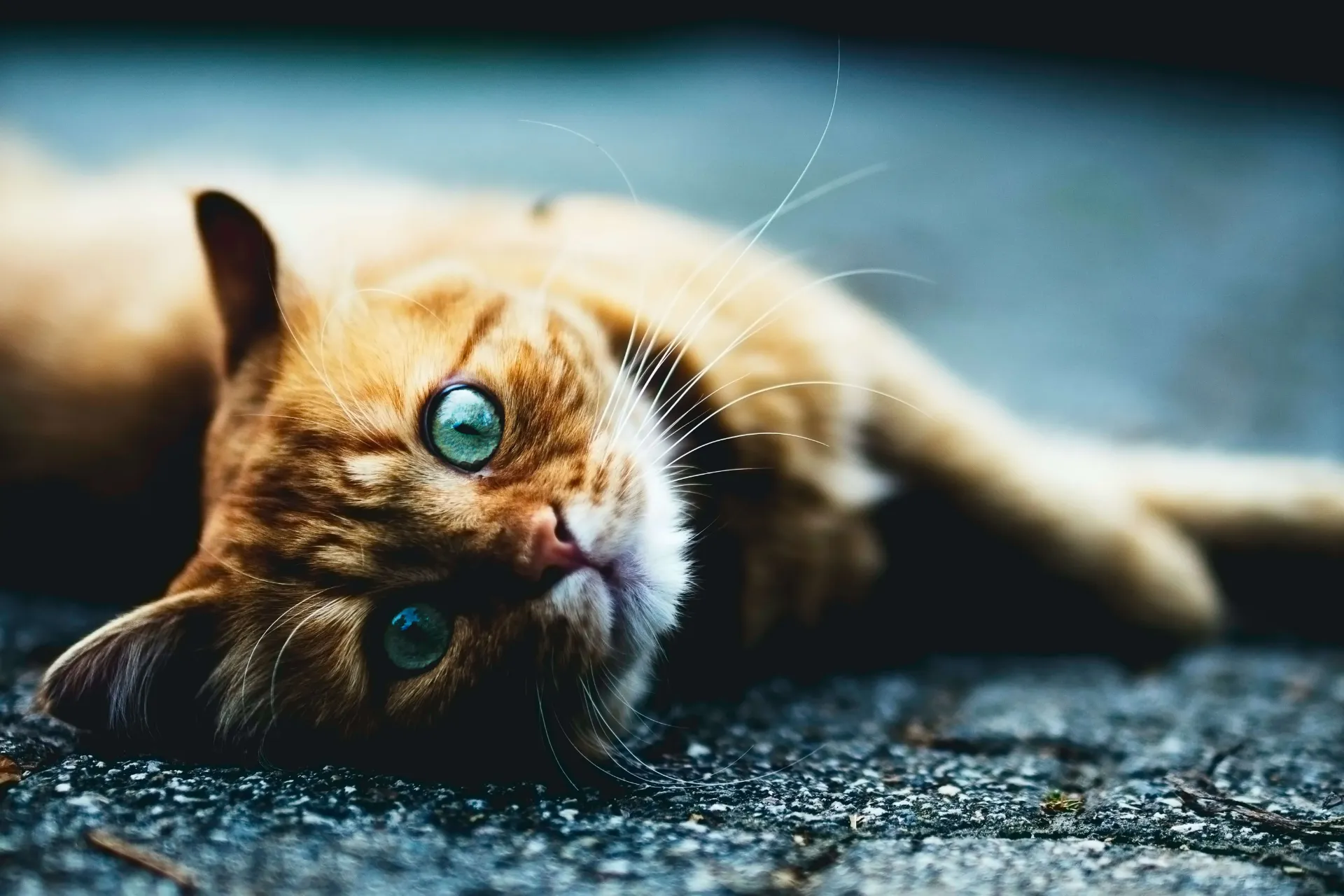Summer Reptile Care
Summer is a critical time for reptile owners, as rising temperatures can significantly affect the health and wellbeing of these unique pets. Effective summer reptile care requires specific knowledge and preparation to ensure your reptilian friends thrive even in the heat. This involves understanding the species-specific needs for temperature, humidity, and light, which can vary widely among different types of reptiles. For example, while some reptiles may require additional heat sources to maintain their body temperature, others might need extra measures to prevent overheating. Additionally, dietary adjustments, proper hydration, and a well-maintained habitat are paramount to prevent stress and health issues during the hotter months. In this article, we’ll explore the best practices for managing the care of reptiles in the summer, drawing on expert advice and the latest research to help you keep your pets healthy and happy.
With summer on the way, many pet-oriented businesses and websites are focusing on hot-weather pet safety. Our animal companions can be in serious trouble if they overheat! That doesn’t just apply to dogs and cats, though. Reptiles can also be in danger of overheating. A local Middletown, DE vet offers some summer reptile care tips in this article.
Habitats
Reptiles need specific environmental conditions to thrive. The ideal temperature and temperature ranges your pet needs will depend on what kind of animal you have. However, you’ll need to be diligent about checking temperature ranges. Make sure that your little buddy has a cooler area to go to, and that it is actually the appropriate temperature. You may need to turn off heaters during the day. We’d also recommend moving cages out of direct sunlight.
Soaking
Many reptiles enjoy taking soaks. Iguanas, for instance, need to soak a few times a week. Your pet dinosaur may enjoy a few extra baths in hot weather. If you have a pool, you may be able to let your iguana swim. There is a bit of a debate about whether iguanas should be allowed into chlorinated pools. Most seem to do fine, though you can check with your vet for specific advice. It’s also best to let your pet soak in a smaller pool first: this may help you avoid ending up with iguana poop in your pool. Larger lizards may enjoy hanging out in a kiddie pool. Just don’t leave your pet unattended near water. It’s also best to keep them harnessed outside.
Water
Reptiles tend to drink more in hot weather, just like other animals, so it’s important to provide clean water at all times as part of your summer reptile care routine. If you use misters to help with hydration, check that they’re working efficiently, and be prepared to mist more frequently during the hotter months. For specific advice on your reptile’s needs, consult your vet.
Cold Treats
This one isn’t going to be a good option for every reptile: It definitely won’t work for those that need to eat live food. However, if your pet eats produce, either exclusively or as a supplement, they may enjoy cold fruits or veggies. Just stick with safe options. Ask your vet for more information.
Summer Reptile Care in 2024: Temperature Management and Outdoor Safety
How can reptile owners maintain ideal temperatures in their pets’ habitats during summer?
Reptile owners should monitor and adjust the temperatures in their pets’ habitats carefully during the summer to prevent overheating. It’s vital to provide a cooler area within the enclosure where the reptile can escape the heat. This might involve turning off heating elements during the day and ensuring the habitat is out of direct sunlight. Regular checks of the habitat’s temperature will help maintain a safe and comfortable environment for the reptile, adapting as needed to the day’s conditions.
What types of enclosures are best for outdoor use?
Outdoor reptile enclosures must provide a balance of security, temperature control, and protection from direct sunlight. Reptiles need enclosures that allow for proper ventilation while preventing overheating, so providing shaded areas and removing the enclosure from direct sunlight is critical. It’s also vital to ensure a temperature gradient, allowing the animal to move to cooler zones when necessary. Additionally, a harness or enclosed space is recommended for reptiles around water to prevent accidents. Materials should be durable and escape-proof to ensure safety in outdoor environments.
Are there specific times of day that are better or worse for outdoor reptile time?
When managing outdoor time for reptiles during summer, it’s preferable to avoid the midday heat, as the intense sun and high temperatures can lead to overheating. Early morning and late afternoon are more suitable since the temperatures are generally cooler, reducing the risk of thermal stress. Always ensure that there are shaded areas available and monitor the habitat’s temperature closely to maintain a safe environment. Regularly check that your reptile has access to cool spots, especially if they are in an enclosure exposed to direct sunlight.
How can reptile owners create safe outdoor enclosures?
Reptile owners can create safe outdoor enclosures by ensuring proper temperature control and access to both sun and shade. It’s important to monitor temperatures closely to avoid overheating, possibly moving the enclosure out of direct sunlight or adjusting heat sources. Provide clean drinking water and, if necessary, use misters for hydration. Reptiles should be supervised near any water sources, such as kiddie pools, and it’s recommended to use a harness when outdoors. Always consult a vet for species-specific care and adjustments to outdoor environments during hot weather.
What are the risks of reptiles eating outdoor insects or plants?
Reptiles consuming outdoor insects or plants face several risks. These include the ingestion of pesticides or other harmful chemicals commonly found in residential areas, which can lead to poisoning or long-term health issues. Furthermore, wild insects might carry parasites that could infect reptiles, compromising their health. Even plants that seem safe can be toxic to reptiles if not part of their natural diet. Therefore, it’s advisable to monitor and control the diet of pet reptiles closely to prevent these potential dangers.
For any questions or concerns about your pet reptile’s health or summer reptile care, feel free to reach out. As your Middletown, DE animal clinic, we’re always here to assist you!





